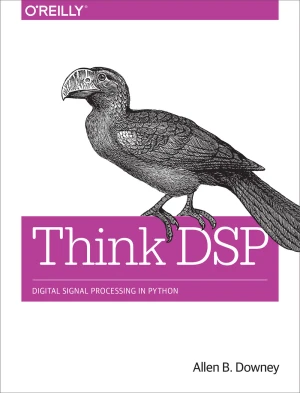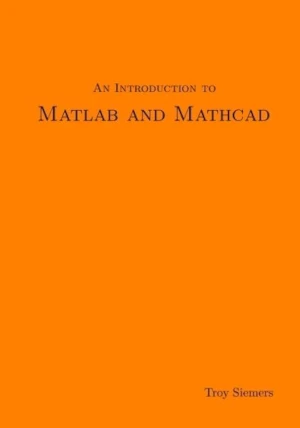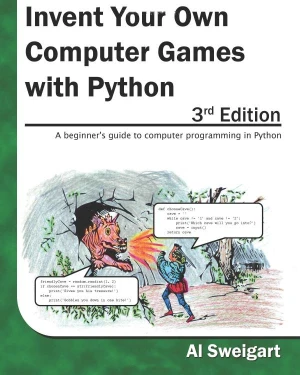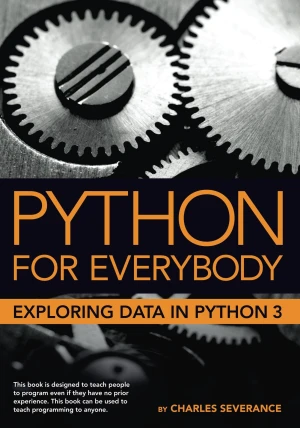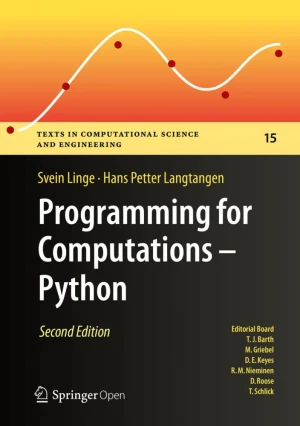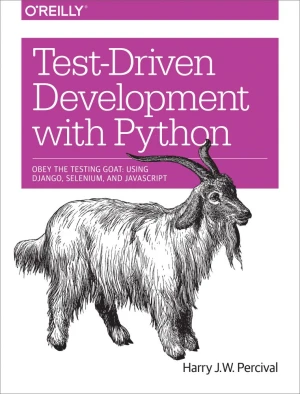Digital Signal Processing
Using Python, MATLAB, and Octave
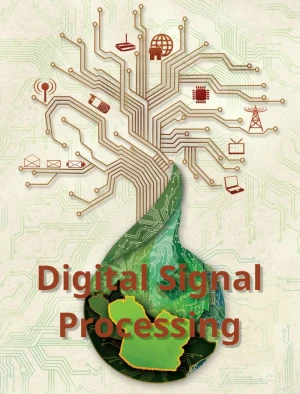
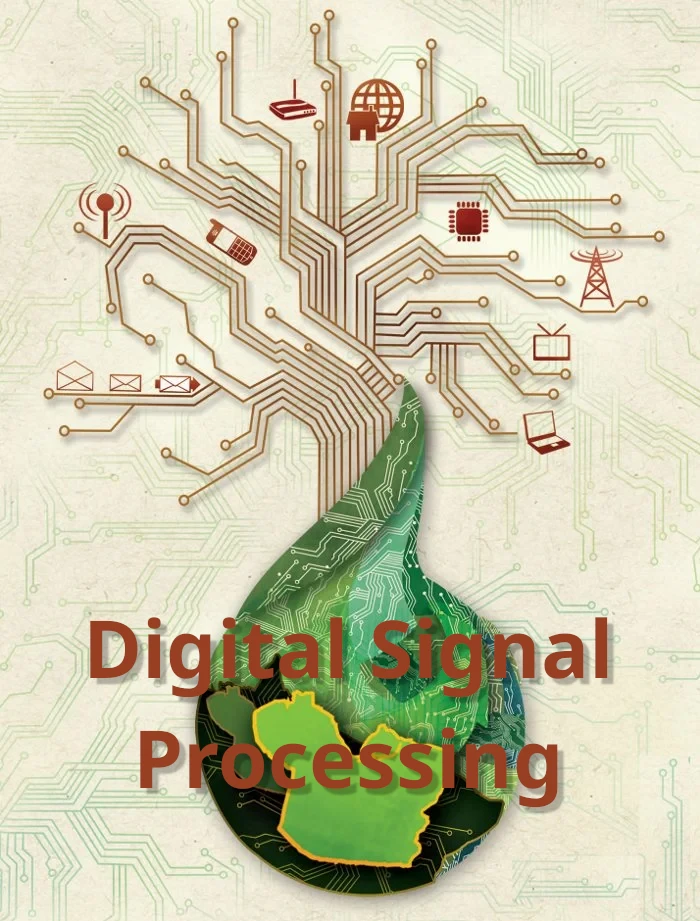
Book Details
| Author | Aldebaro Klautau |
| Publisher | UFPA |
| Published | 2025 |
| Edition | 1st |
| Paperback | 582 pages |
| Language | English |
| License | Open Access |
Book Description
This practical guide bridges the core concepts of Digital Signal Processing (DSP) and modern digital communications. It focuses on the implementation of these principles using open-source tools like Python, Octave, and GNU Radio, alongside low-cost hardware platforms (USRP, DVB-T dongles, HackRF).
The book takes a hands-on, code-first approach to building modern systems, such as software-defined radios. It deliberately avoids high-level toolboxes and GUIs to encourage a deeper understanding of the underlying algorithms. The provided code is developed to be compatible with both MATLAB and Octave, allowing readers to replicate all figures and results.
Aimed at self-taught engineers and technical professionals, this resource is ideal for those seeking practical, application-driven knowledge beyond theoretical textbooks. All software and updated references are available on the book's companion website.
- Integrates DSP theory with practical digital communications.
- Emphasizes implementation with Python, MATLAB, and Octave.
- Leverages open-source software and affordable hardware.
- Provides reproducible code for all examples and figures.
- Focused on practical system design for software-defined radio.
This book is published as open-access, which means it is freely available to read, download, and share without restrictions.
If you enjoyed the book and would like to support the author, you can purchase a printed copy (hardcover or paperback) from official retailers.
Download and Read Links
Share this Book
[localhost]# find . -name "*Similar_Books*"
Think DSP
If you understand basic mathematics and know how to program with Python, you're ready to dive into signal processing. While most resources start with theory to teach this complex subject, this practical book introduces techniques by showing you how they're applied in the real world. In the first chapter alone, you'll be able to decompose a sound in
An Introduction to Matlab and Mathcad
This text is used in a mathematical software course at VMI that provides an introduction to Matlab and Mathcad. However, Troy Siemers also intends it to be a course book instead of an all inclusive resource. He encourages his students to take full advantage of the built-in help capabilities of these software packages, additional texts (he keeps a f
Invent Your Own Computer Games with Python, 3rd Edition
Invent Your Own Computer Games with Python teaches you how to program in the Python language. Each chapter gives you the complete source code for a new game, and then teaches the programming concepts from the examples. Games include Guess the Number, Hangman, Tic Tac Toe, and Reversi. This book also has an introduction to making games with 2D graph
Python for Everybody
Python for Everybody is designed to introduce students to programming and software development through the lens of exploring data. You can think of the Python programming language as your tool to solve data problems that are beyond the capability of a spreadsheet. Python is an easy to use and easy to learn programming language that is freely availa
Programming for Computations - Python, 2nd Edition
This book presents computer programming as a key method for solving mathematical problems. This second edition of the well-received book has been extensively revised: All code is now written in Python version 3.6 (no longer version 2.7). In addition, the two first chapters of the previous edition have been extended and split up into five new chapte
Test-Driven Development with Python
By taking you through the development of a real web application from beginning to end, this hands-on guide demonstrates the practical advantages of test-driven development (TDD) with Python. You'll learn how to write and run tests before building each part of your app, and then develop the minimum amount of code required to pass those tests. The re

